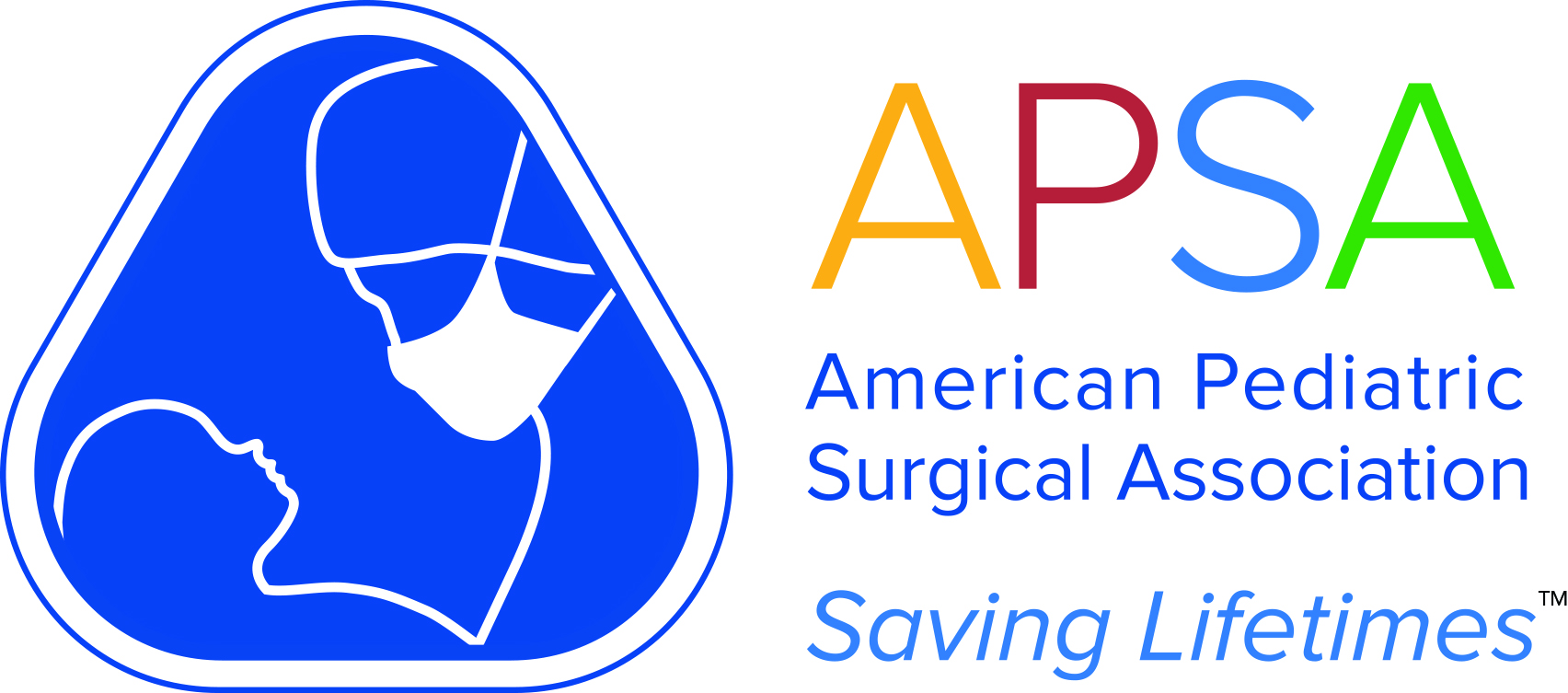NEONATAL END-OF-LIFE CARE: WITHDRAWAL AND WITHHOLDING OF TREATMENT
Caroline was born at twenty-eight weeks of gestational age to a 35-year-old woman. Caroline is the result of an IVF treatment. (Caroline’s mother had 3 previous unsuccessful attempts). Her birth weight was 1200 grams. The initial physical examination revealed a tiny female infant with marked bruising. She appeared blue and limp and was gasping for air. Initial resuscitation included endotracheal intubation, mechanical ventilation, volume transfusion and inotropic support to maintain adequate cardiorespiratory function.
Caroline was immediately admitted to the NICU. Her primary diagnosis was respiratory distress syndrome. She required fairly high ventilator rates and pressures to maintain adequate oxygenation and ventilation. She required surgical ligation of the patent ductus arteriosis within the first week of life. Cranial ultrasounds performed at day 3 and 14 of life revealed the presence of Grade III bilateral intraventricular hemorrhages.
The parents were kept informed of their daughter’s progress throughout these first weeks of life. They were assured that important decisions would be made only when consensus was reached between them and the health care team. Both parents asked many questions about how the medical staff would know if their daughter was getting worse or perhaps even dying.
On day 17 of life, Caroline started to have increasing residual of her nasogastric feeds, which had been introduced slowly. Her abdomen was distended and feeds were stopped. Abdominal x-rays are taken and show diffuse pneumatosis and a little venous portal air. You are called to assess the baby. On physical exam, the baby is not active, the abdomen is red and tender diffusely. She is started back on pressors but her respiratory status is unchanged.
You discuss the situation with the parents. You explain to them that you think Caroline needs an operation. She has necrotizing enterocolitis which is likely perforated. You are concerned it involves a long segment of her gut. You are planning a bowel resection +/- stoma. You discuss with them that if too much gut involved is removed, Caroline might suffer from short gut syndrome. You explain to them about TPN and its associated liver injury and the eventuality of small bowel transplant, but that most babies this size do not survive long enough to get an organ.
Both parents were upset, but understood the gravity of the situation. The mother said that she could not think of her daughter dying. The father expressed that he doesn’t want his daughter to suffer as he thinks she has undergone quite a bit already. He states that he would want bowel resected only if there was a good chance that Caroline will not suffer from short gut syndrome. Hearing this, the mother runs out of the room crying.
1. What would you do at this point? Who would you call upon to help at this point?
In the OR, you find that most of Caroline’s small bowel is necrotized, except for 10 proximal cm. Her colon is also necrotic to the mid-transverse colon.
2. What would you do at this point?
3. What is in the best interest of the child? Should those override those of the mother?
4. Discuss sanctity of life and quality of life in this case.
5. Are there lengths of viable/necrotic bowel that would make you feel that there is no ethical dilemma involved?
The baby is getting more unstable in the OR. You come out to talk to the parents about what you have found at laparotomy and ask the neonatologist to join you. You advise them that you think you should not proceed with resection and keep the baby comfortable as the disease is disseminated. Caroline’s father indicates that he is comfortable with the decision to withhold treatment; he feels that it is wrong to prolong his daughters suffering. In face, he said that he would have difficulty visiting his daughter if treatment was not withheld and she continued to suffer.
Caroline’s mother remained adamant that life was important at all costs. She explained that this belief was rooted in her religious teaching and was not negotiable. She would not expand on the source or the nature of these beliefs.
6. What should the health care team do when parents disagree about holding/withdrawal of life sustaining treatment for their child? Is it morally acceptable to proceed with the consent of one parent?
7. Are there morally defensible limits to parental decision-making?
8. How should the health care team respond to the mother’s claim that her belief are rooted in her religious teaching when she will not (cannot) explain these beliefs? Would it matter if the mother’s beliefs were not rooted in religious teachings but simply were “her beliefs”?
Workshop 3
Topic: Neonatal end of life care: withdrawal and withholding of treatment
Curricular objectives
- To know the key ethical, legal and policy with respect to “futility” cases.
- To have an approach to the pressing demands for non-medically-warranted life-sustaining treatment
Ethical messages:
- Good and sensitive end-of-life care is a must
- Prolonging death and suffering is not ethical
- Future quality of life is an issue that needs to be considered in children.
Pre-workshop readings:
- Kopleman AE. Understanding, avoiding, and resolving end-of-life conflicts in the NICU. Mount Sinai J med 2006; 73:580-586
- Molenaar JC. Ethics in paediatric surgery. Eur J Pediatr Surg 1996;6:1132-1135
- Nelson LJ, Nelson RM. Ethics and the provision of futile, harmful, or burdensome treatment to children. Criti Care Med 1992; 20:427-433
Paradigm case:
A 26-week-old baby boy is admitted to the neonatal intensive care unit for perforated enterocolitis. He is also found to have fungal sepsis and a grade III/IV intracranial bleed. The baby is the product of in-vitro fertilization and the parents want to continue full medical treatment.
Teaching modality:
Case discussion after interactive presentation.
CanMeds competencies targeted:
Medical expert
Communicator
Collaborator
Professional
